Casa Rica Realty, Permaculture Real Estate in Costa Rica.
The development of agricultural ecosystems intended to be sustainable and self-sufficient. earth care, people care and fair share.
Sustainable and Self-Sufficient Agricultural Ecosystems
Permaculture in Costa Rica is revolutionizing the way we think about land management and sustainable living. This holistic approach to agriculture focuses on creating agricultural ecosystems that are both self-sufficient and sustainable, mirroring the intricate balance found in nature. At its core, permaculture is guided by three fundamental ethical principles: Earth Care, People Care, and Fair Share.
Earth Care
The primary principle of permaculture is Earth Care. This involves preserving the environment and promoting biodiversity. In Costa Rica, a country renowned for its lush rainforests and diverse wildlife, permaculture practices are designed to protect and enhance these natural resources. By implementing techniques that prevent soil erosion, conserve water, and enrich the soil, permaculture ensures that the land remains fertile and productive for future generations.
People Care
Permaculture is not just about the land; it’s about the people who live on it. The principle of People Care emphasizes building strong, supportive communities that thrive on mutual respect and cooperation. In Costa Rica, permaculture projects often involve local communities, providing education and resources to help them adopt sustainable practices. This approach fosters a sense of belonging and collective well-being, enhancing the quality of life for all.
Fair Share
The third ethical principle, Fair Share, is about sharing resources and redistributing excesses equitably. In a permaculture system, surplus produce is shared within the community, ensuring that everyone benefits from the land’s bounty. This principle also extends to the fair use of resources, promoting sustainability and reducing waste.
Design Principles
Permaculture utilizes a set of design principles that draw on whole-systems thinking. These principles are inspired by the patterns and relationships found in nature. Key design principles include:
Observation and Interaction: Understanding the environment and its natural processes to create harmonious systems.
Energy Cycling: Using and recycling energy efficiently within the system.
Diversity: Promoting a variety of crops and animals to create a resilient and productive ecosystem.
Small and Slow Solutions: Implementing gradual and sustainable changes that build over time.
The Permaculture Advantage in Costa Rica:
Costa Rica’s unique climate and rich biodiversity make it an ideal location for permaculture. The country’s commitment to environmental conservation aligns perfectly with permaculture principles, creating a synergy that benefits both the land and its inhabitants. Permaculture real estate in Costa Rica offers the opportunity to live in harmony with nature while enjoying the advantages of modern, sustainable living.
Investing in permaculture real estate in Costa Rica means becoming part of a movement that prioritizes ecological health, community well-being, and equitable resource distribution. Whether you are looking to establish a self-sufficient farm, a community-focused settlement, or simply want to live in an environmentally responsible way, permaculture provides a viable and rewarding path.
In summary, permaculture in Costa Rica represents a forward-thinking approach to agriculture and land management. By focusing on sustainability, community, and fairness, permaculture not only enhances the environment but also enriches the lives of those who embrace its principles.
Go Tropical Green!
